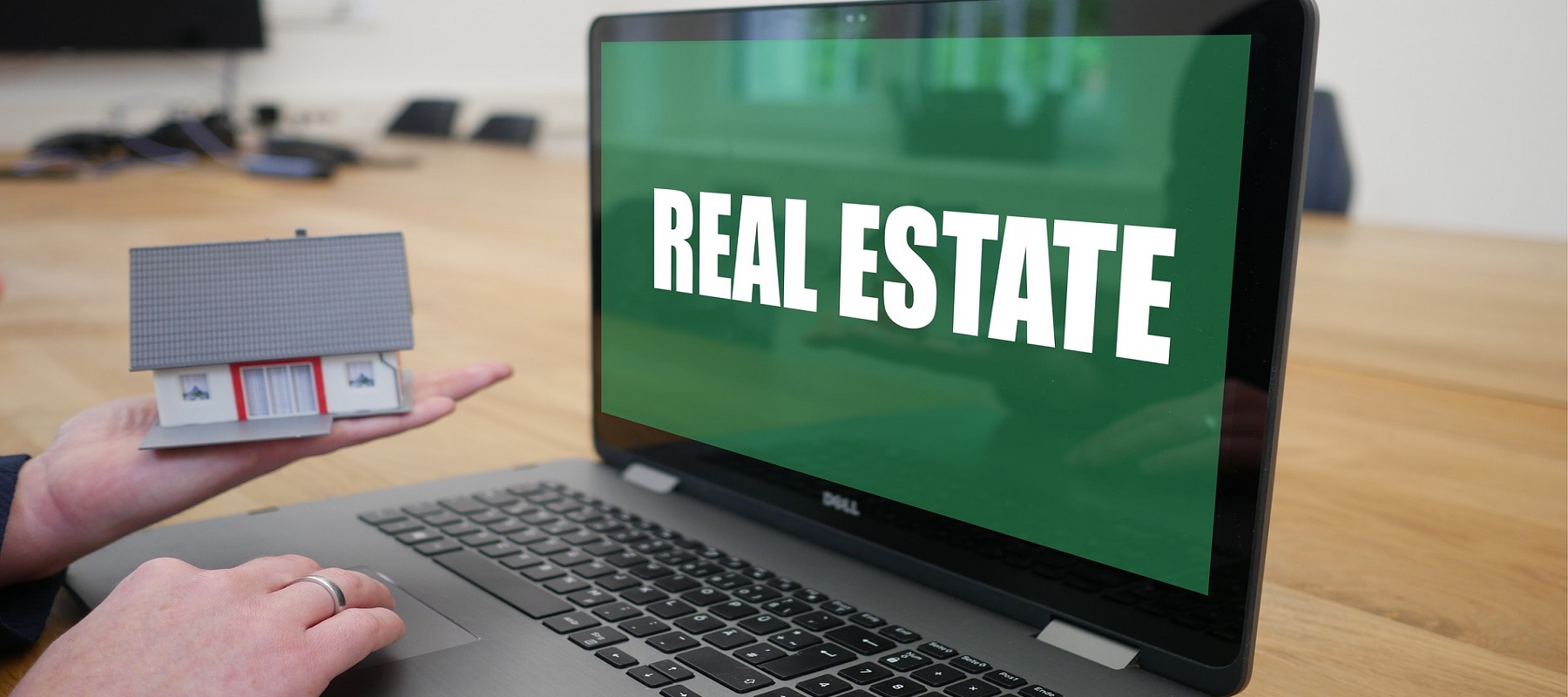Making a real estate investment is an action that takes a long time and involves high sums of money. For this reason, it is a process that must be done carefully, making a careful analysis of the situation.
If you have already invested in a property or are about to do so, it is likely that you have had one of the following concerns. Here are the ten questions that plague a real estate investor.
Questions about investing or buying a property
• How to finance:
Do I have enough funds to finance my investment? What is the minimum amount that I will need to finance with credit? What is the appropriate percentage of credit that I should request for my investment? Will it be convenient to associate with a partner that provides me with capital to finance my investment?
• How many vacancies:
What level of vacancy will you be able to tolerate regarding my investment? Will I have financial solvency to face periods of vacancy or default on my property?
• How much to remodel
Is this remodel worth doing? Are these arrangements really attractive to tenants? How much will this remodeling allow me to raise the rents?
• How to compare:
How to compare two properties to invest? Is this property better than this other, if they both have different selling prices and different prices at which you could lease it?
• When to remodel
When should you spend on repairs or remodeling? Is it more convenient to carry out this remodeling when buying the property, or is it more convenient to do it when you put it up for sale?
• Project income:
When investing, what will the potential income of my property be like? How much should the rent of my property be to achieve the desired return on investment? Will I be able to effectively lease my property at the price I need to achieve that profitability?


. Lease Price:
When I am leasing, how is the price of my property leasing in relation to the market? How to adjust or update the rental price? Will it be correct to charge the tenant?
. Selling price:
At the time of selling, what is a good price to sell considering the market conditions? What is the price that I must sell my property to obtain the desired profitability?
. When to sell:
Is it a good time to sell? Is it convenient to wait a while longer to sell my property? Can it continue to increase in value, or will it devalue?
Pellentesque fermentum erat a dolor porttitor tempor. Aenean eu porta lorem. Sed ullamcorper gravida sapien vulputate pellentesque. Duis quis commodo sem. Integer eros purus, tincidunt sed sagittis quis, dignissim et tortor. Nunc vitae massa tempor, finibus lectus ac, scelerisque diam.



 What is the use of declaring a family asset?
What is the use of declaring a family asset?
 For example, if we know that we are at the beginning of the recovery phase of the cycle, we will know that there will be a long period ahead in which house prices will increase. Therefore, we will be much more confident in investing in a property, hoping that it will appreciate in the coming years.
For example, if we know that we are at the beginning of the recovery phase of the cycle, we will know that there will be a long period ahead in which house prices will increase. Therefore, we will be much more confident in investing in a property, hoping that it will appreciate in the coming years. If the theory that we have reviewed in this article is true, we should see a peak in property prices in 2024 and experience the outbreak of an upcoming economic crisis around 2026. Thus, prices should bottom again near 2030.
If the theory that we have reviewed in this article is true, we should see a peak in property prices in 2024 and experience the outbreak of an upcoming economic crisis around 2026. Thus, prices should bottom again near 2030.